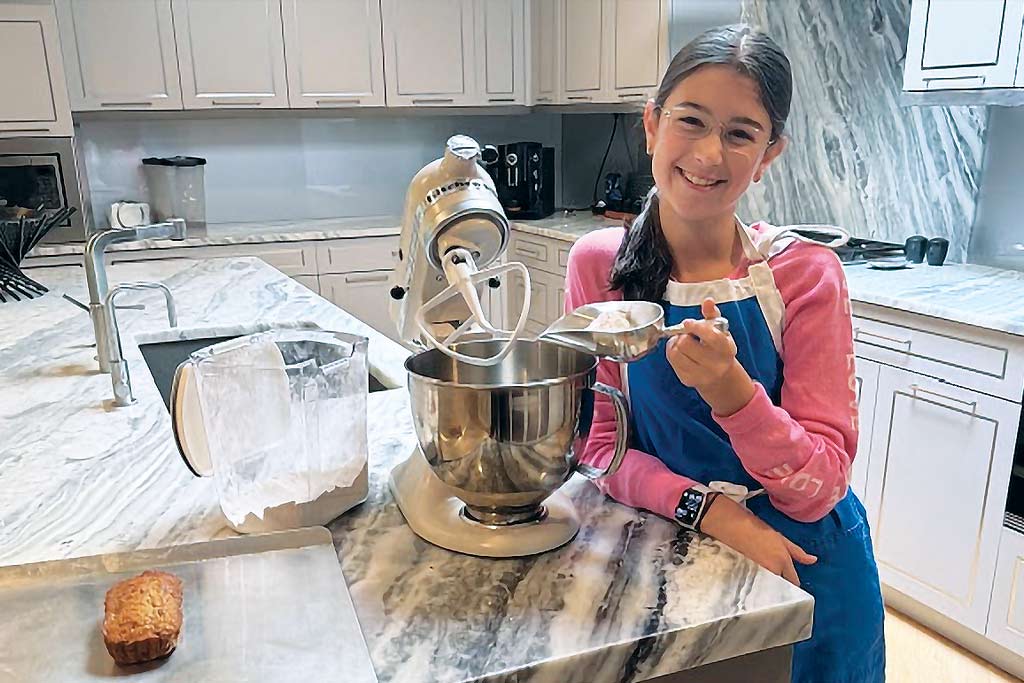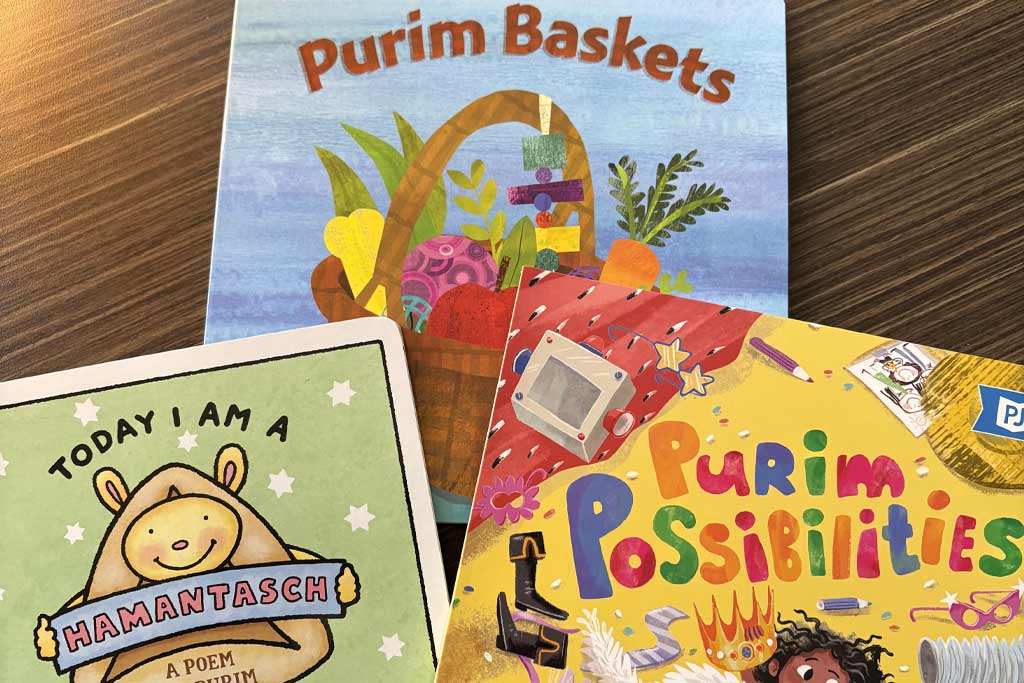Jewish Chicago Magazine/
-
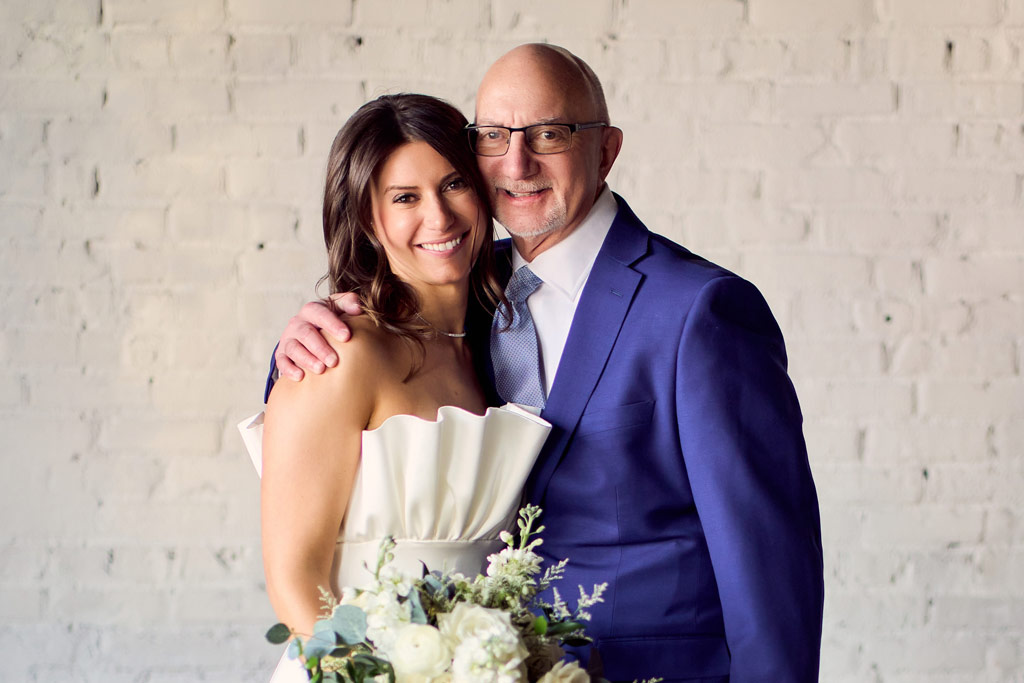
Tackling your genetic health, with support
The Norton & Elaine Sarnoff Center for Jewish Genetics launches hereditary cancer testing
Read more
-

Shabbat: It’s good for you! More than a day unplugged
Shabbat is still a revolution in our relentless age of screens and connectivity.
Read more -
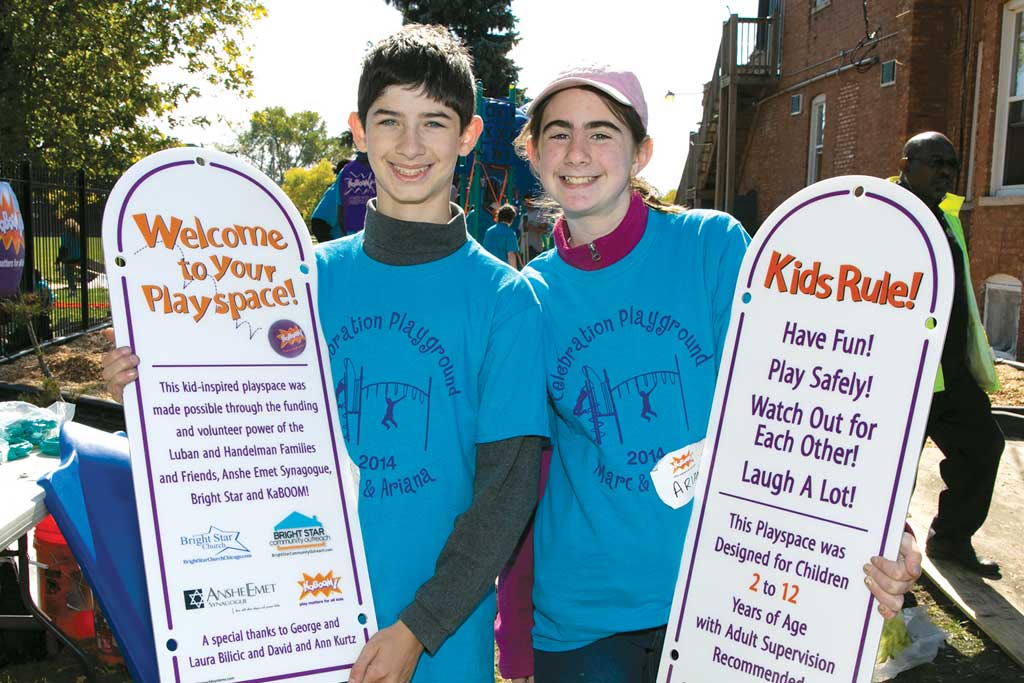
A different kind of b’mitzvah
Nontraditional ceremonies and celebrations show there’s no single way to mark the milestone
Read more -
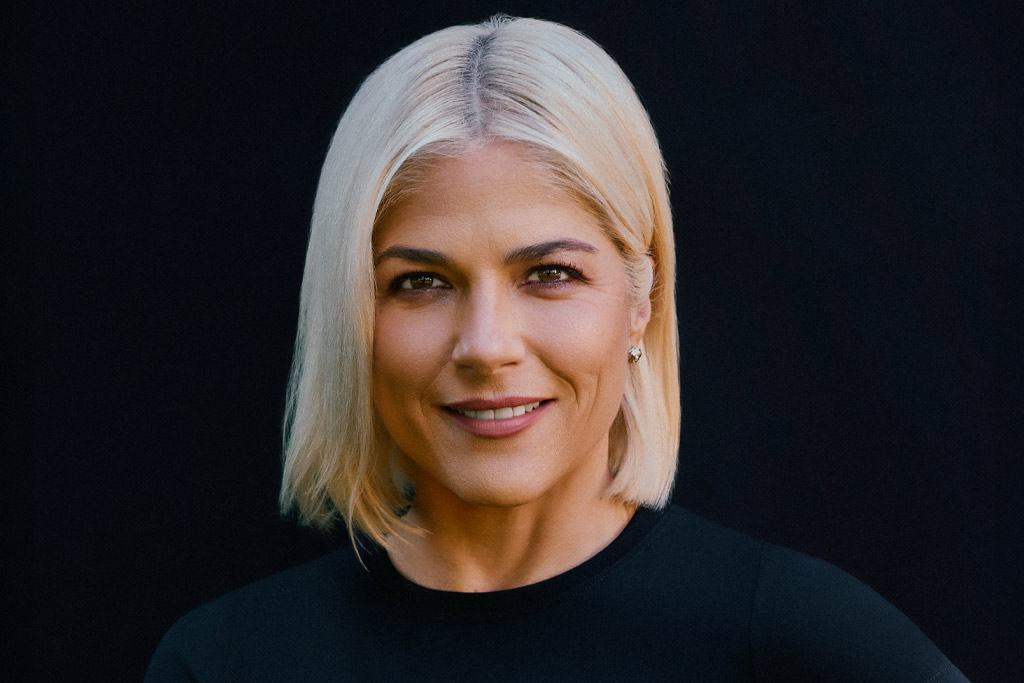
On the Town

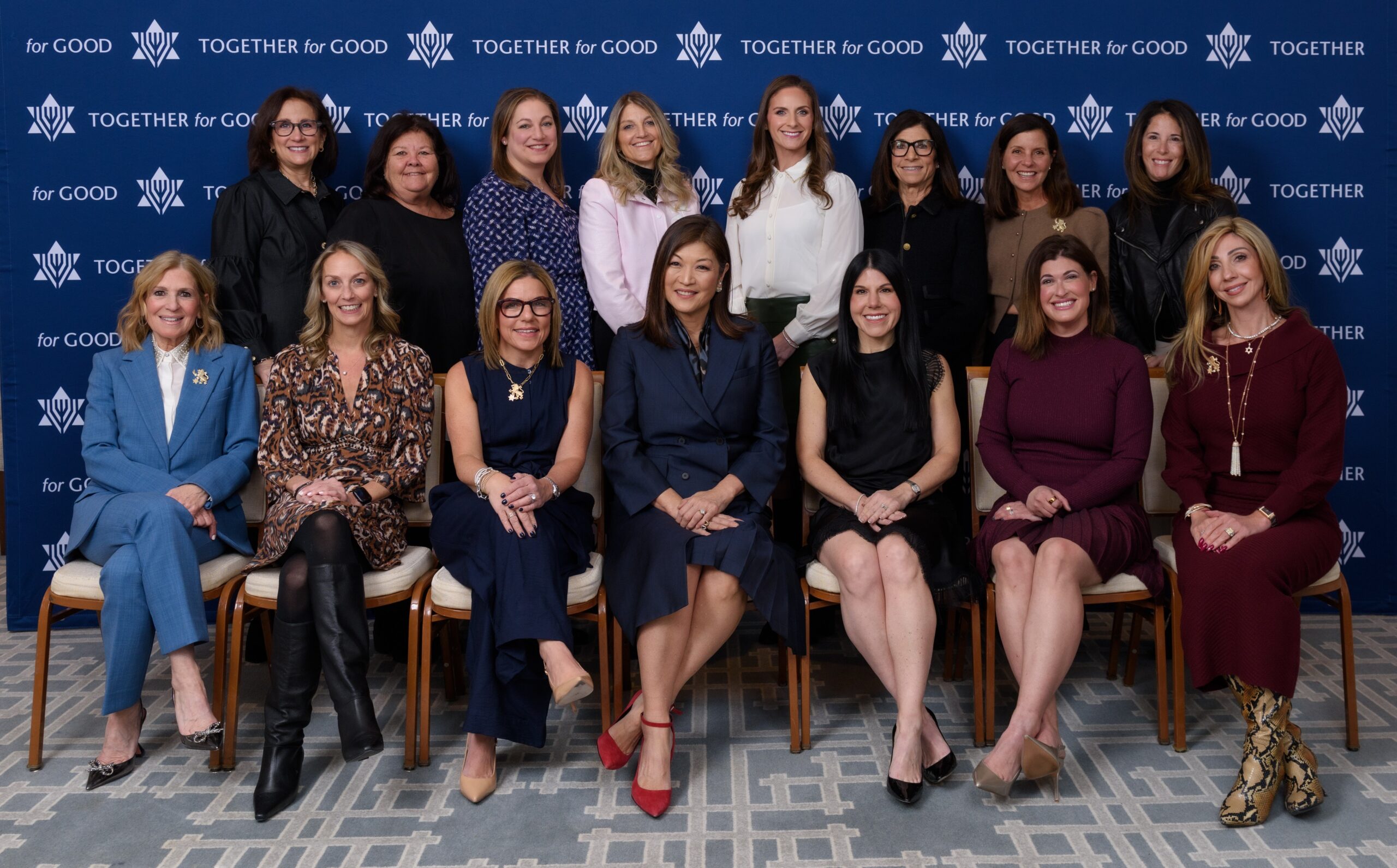
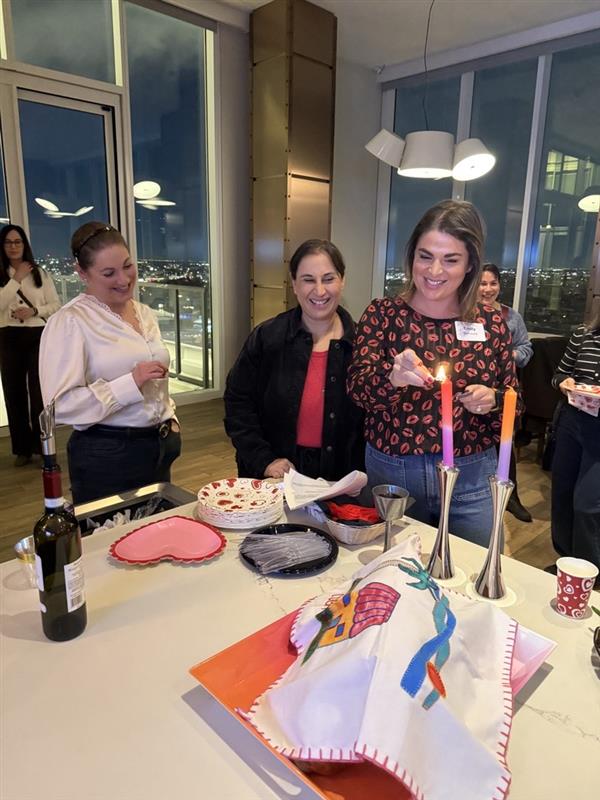
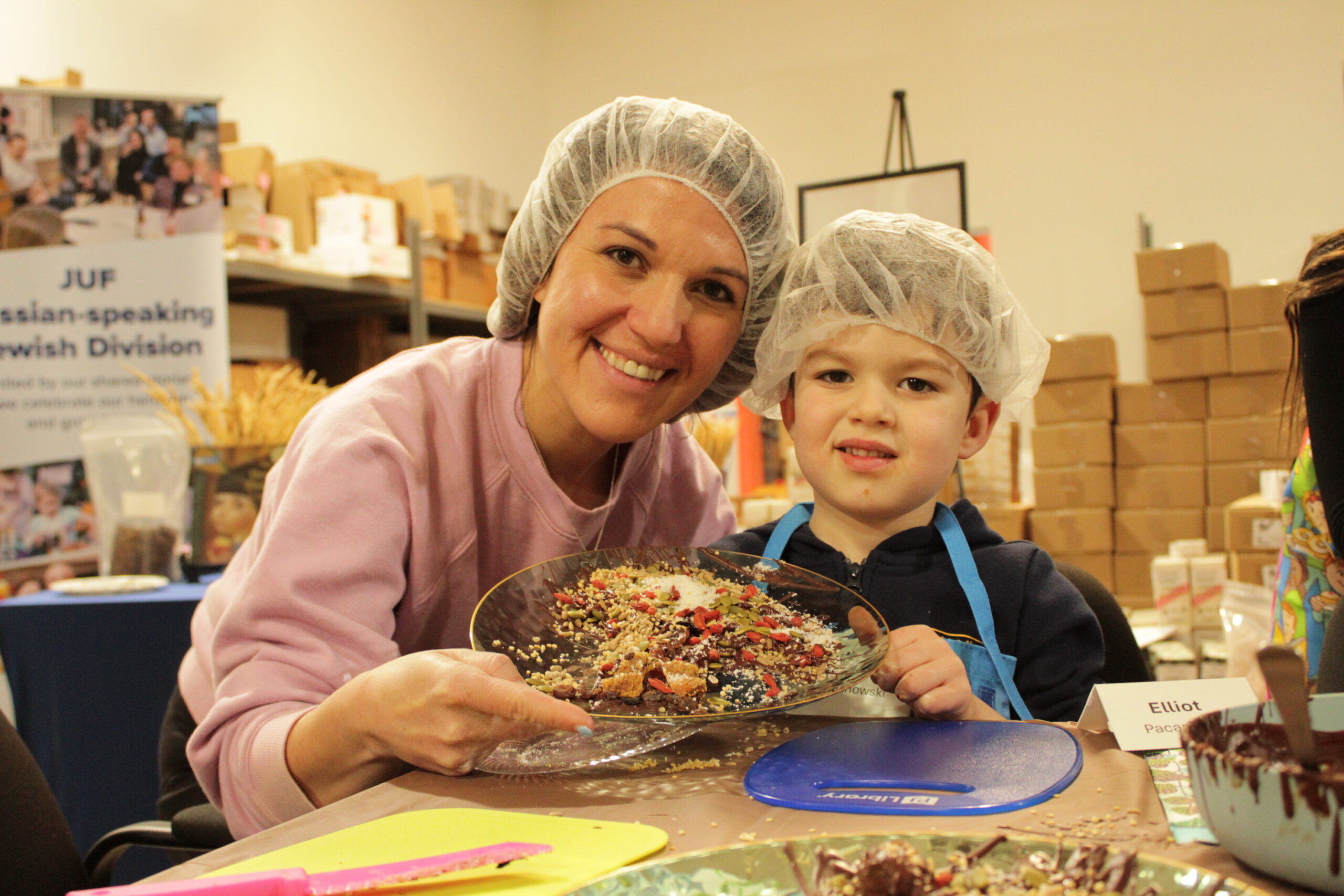
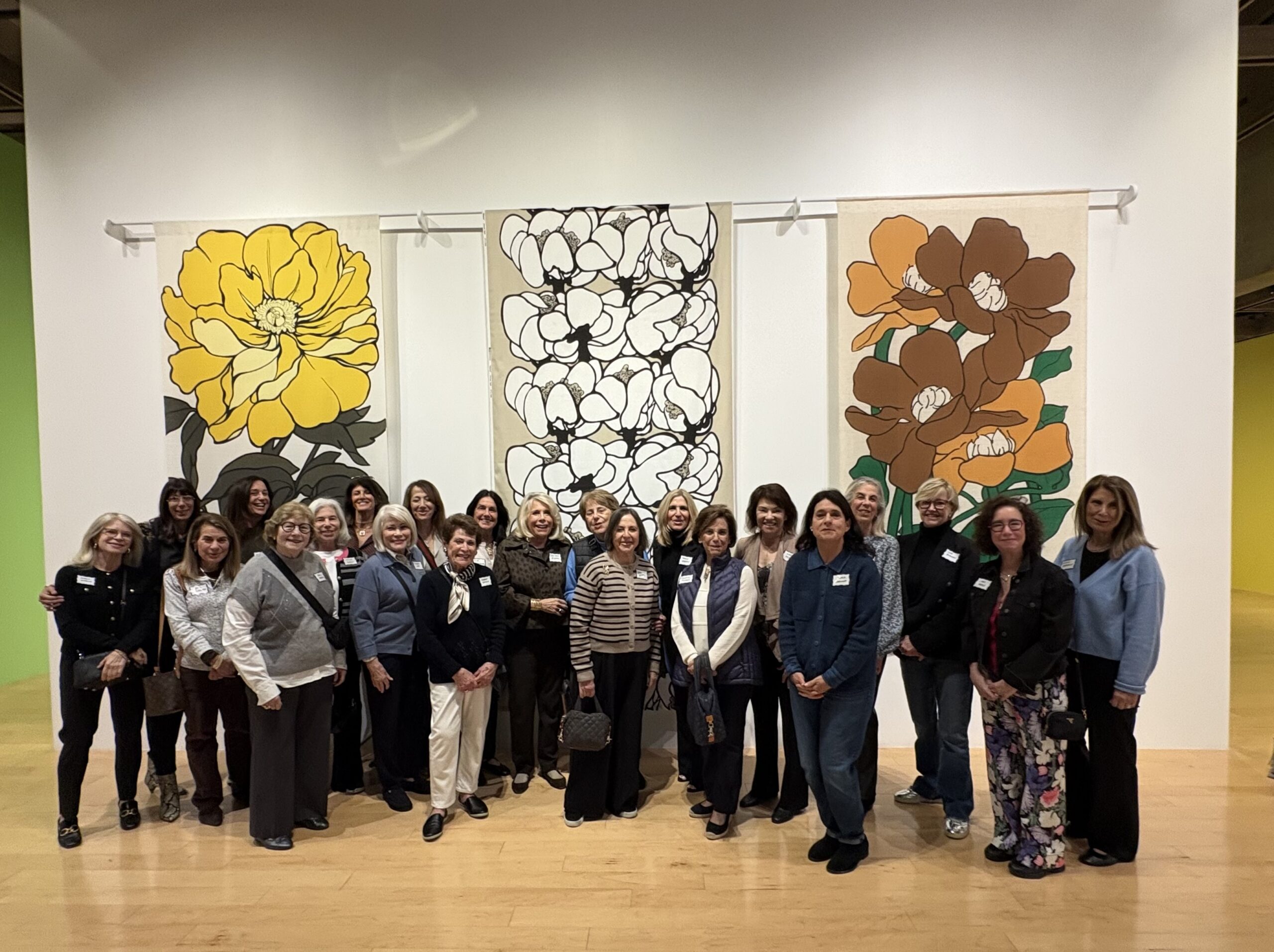
Explore by Category
Browse the JUF magazine
-

-
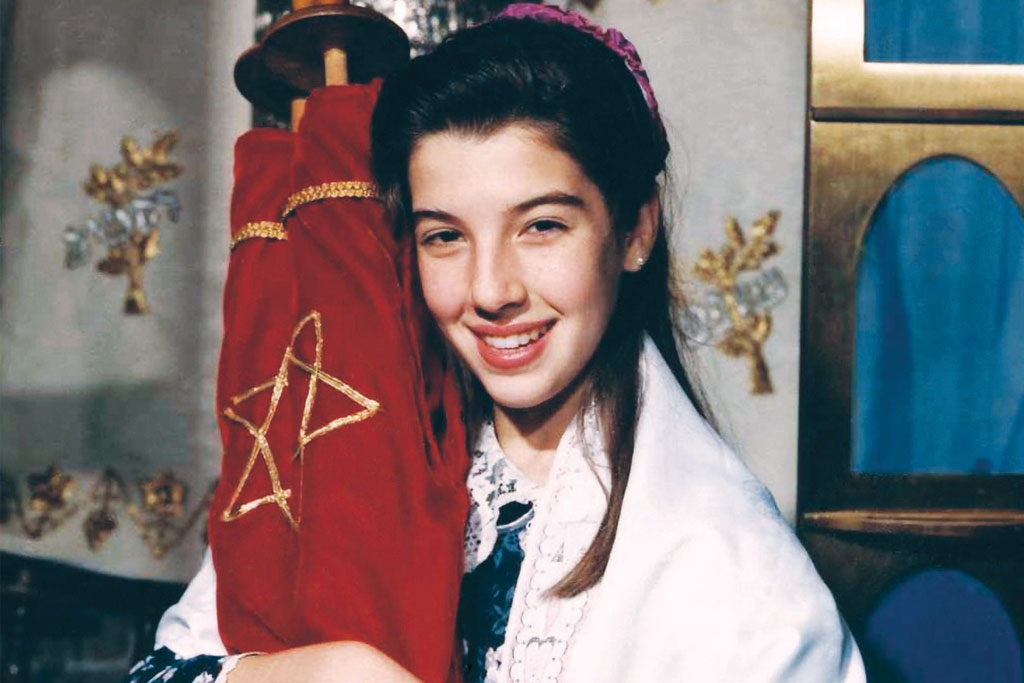
Advice to my 13-year-old self
One of the best things about getting older is growing more comfortable in our own skin
Read more -
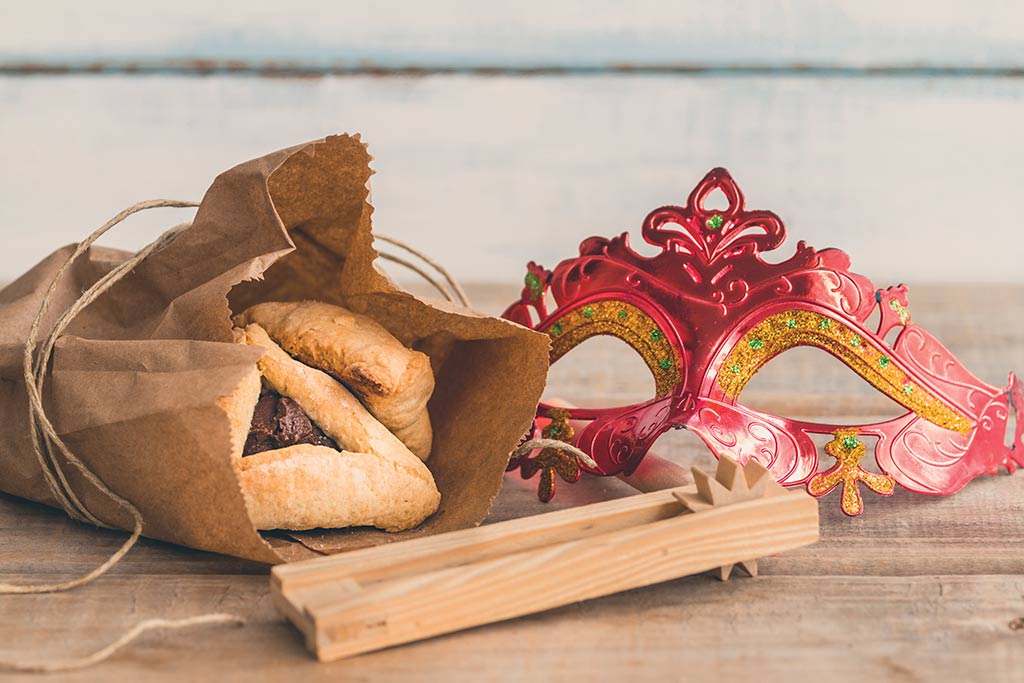
-
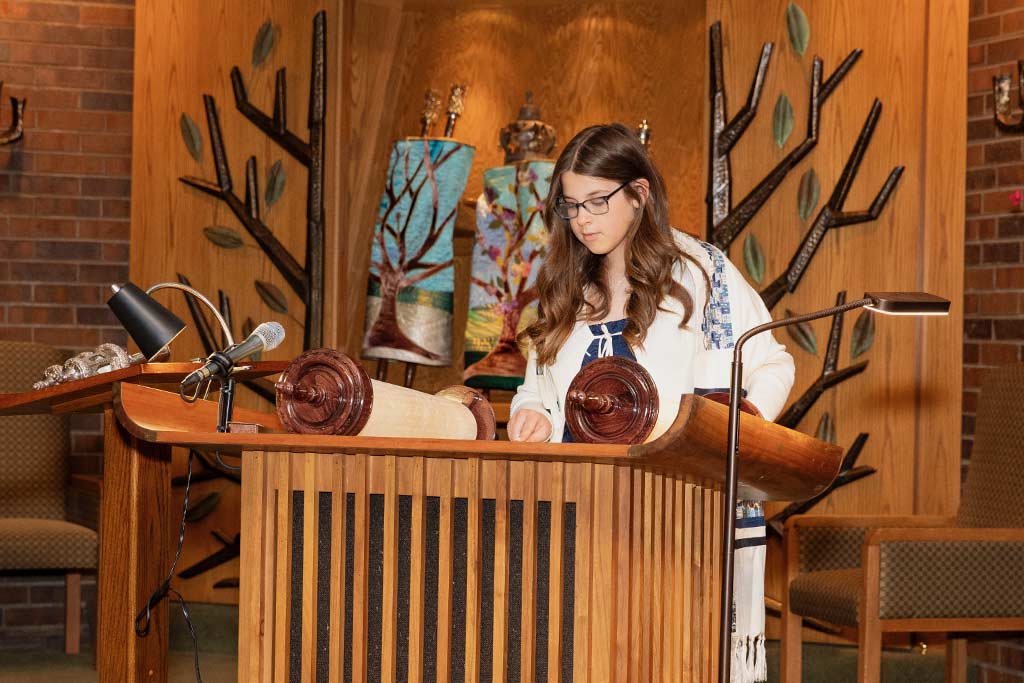
-
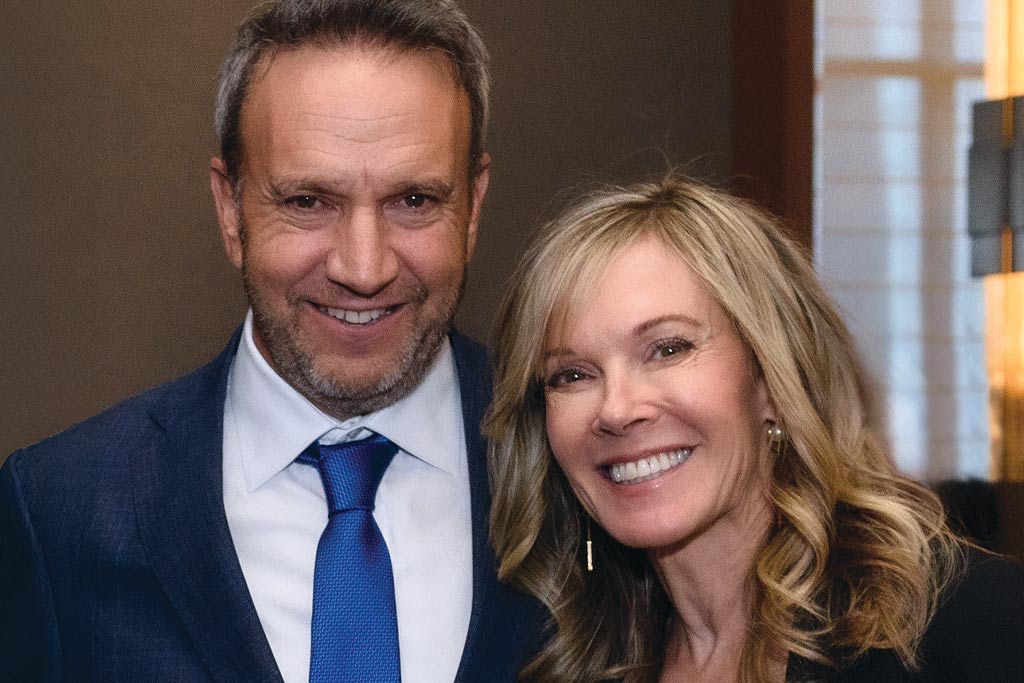
Dynamic duo Jamie Diamond Schwartz and David Schwartz named 2026 Annual Campaign Chairs
Jamie and David are first married couple to serve in this role
Read more -
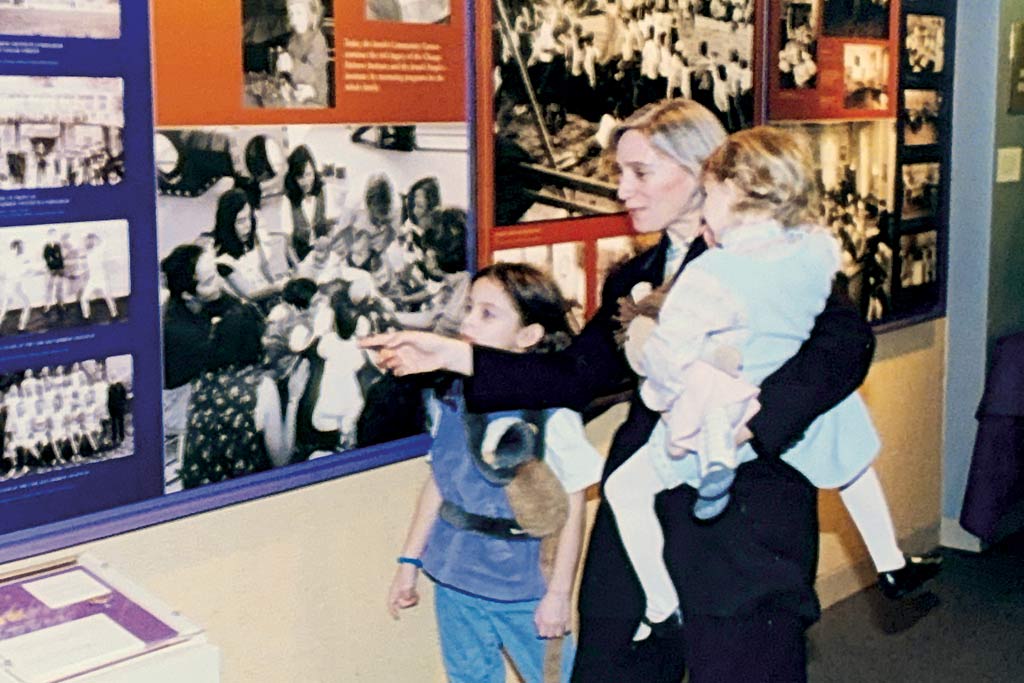
-
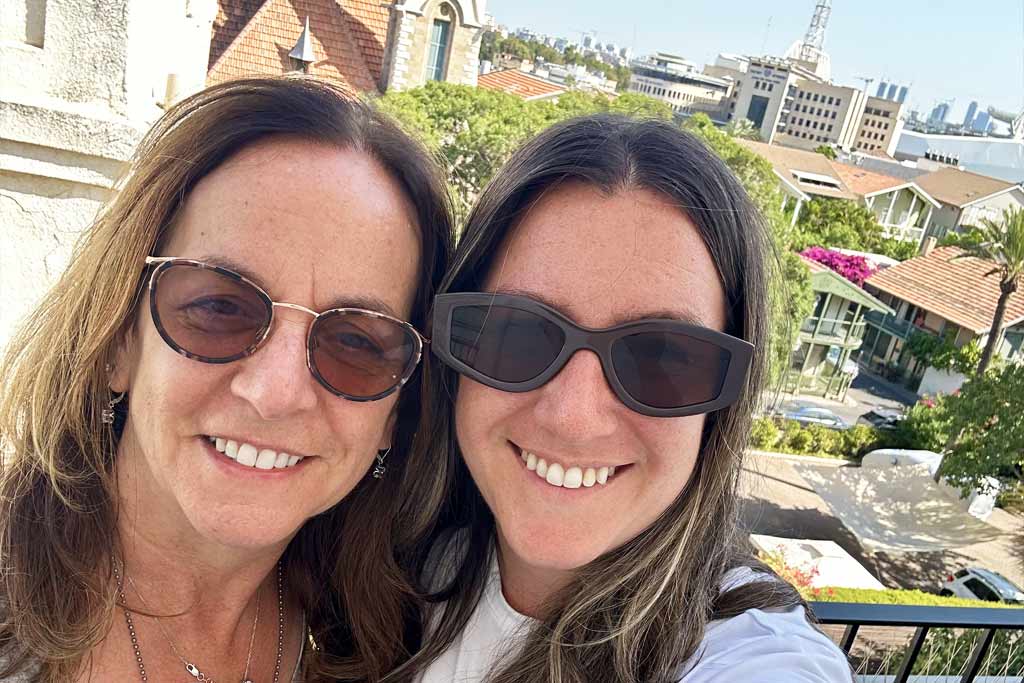
-
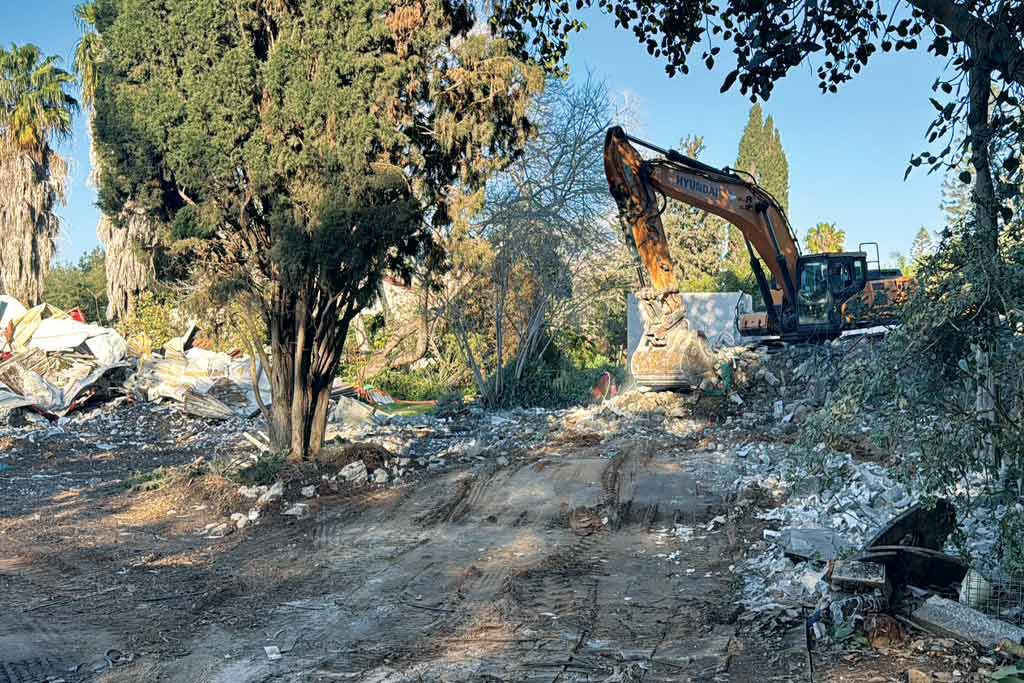
-
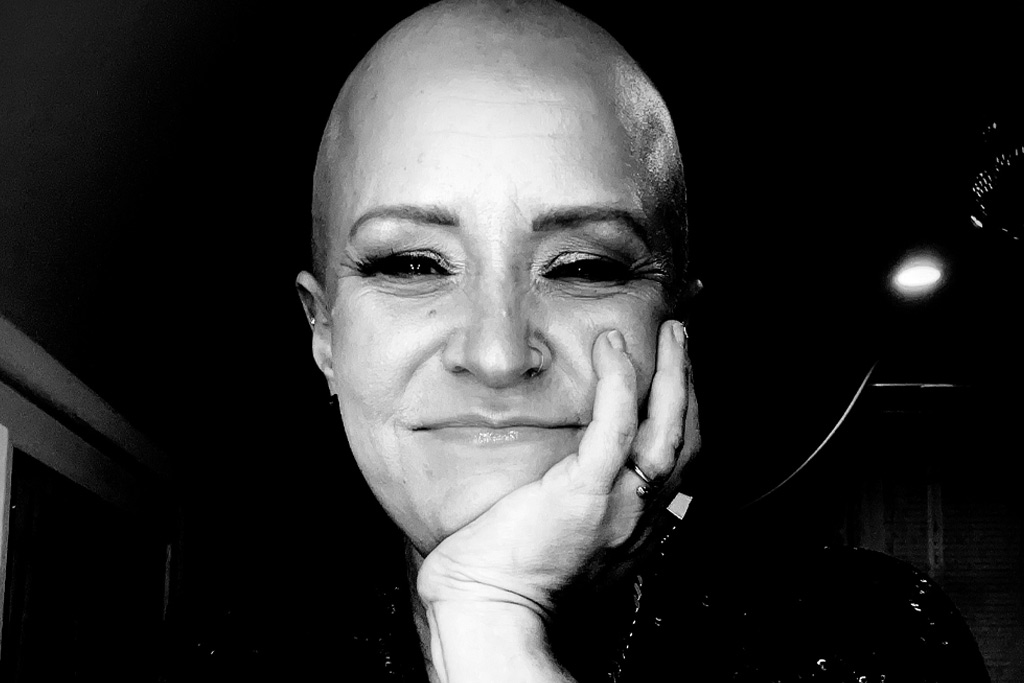
Returning from the dark: Cancer & war
My entire life shifted and was redefined and reshaped that fateful July.
Read more
-
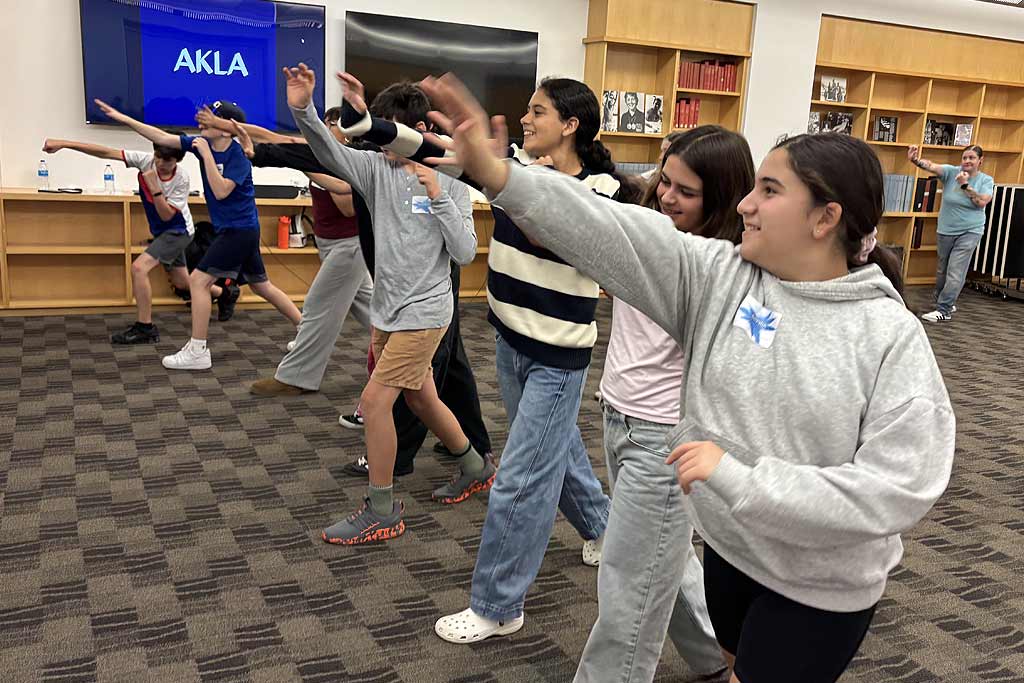
An ‘awesome’ new fellowship for teens
AKLA Chicago will be a free, five-week experiential experience for ages 12–14
Read more -
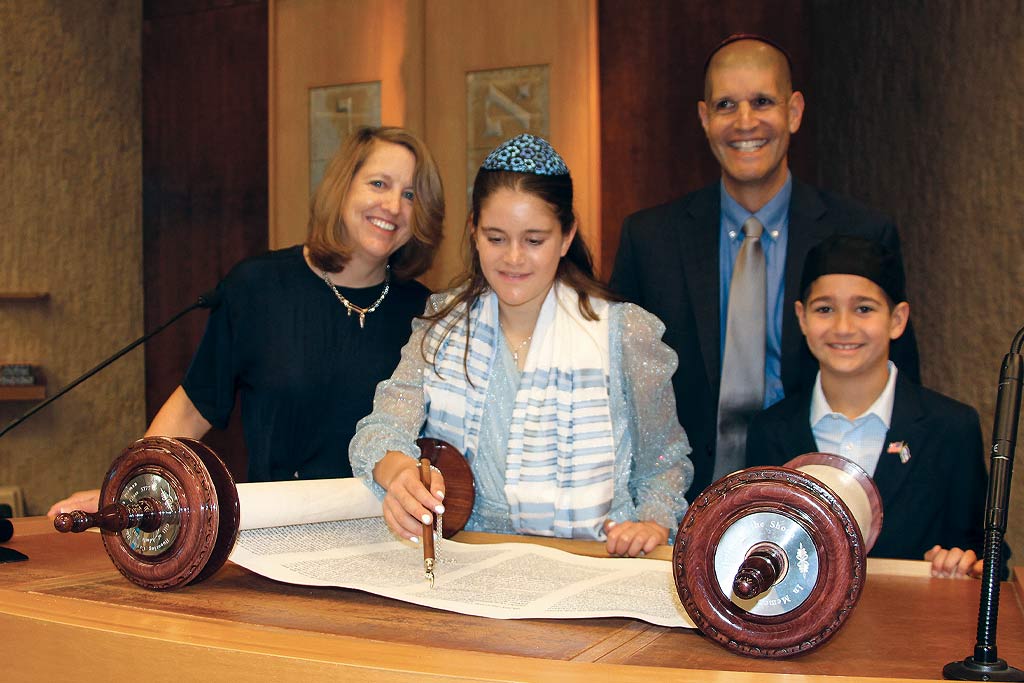
-
